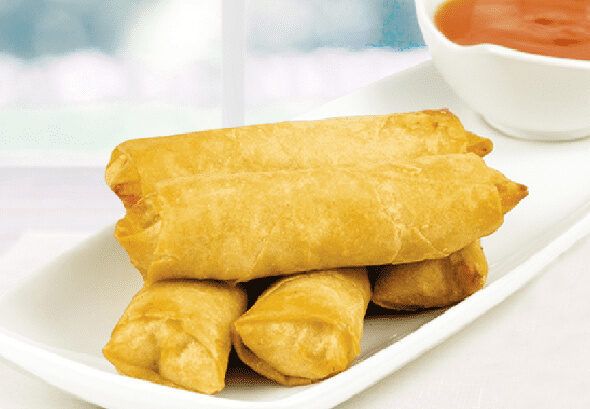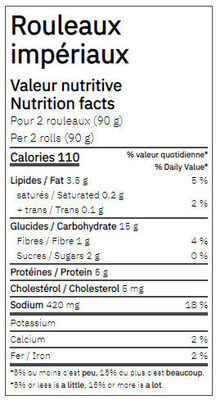Rouleaux impériaux santé - Minçavi - 2 x (12 x 45 g) + 1 x 240 ml de sauce
This product page is not complete. You can help to complete it by editing it and adding more data from the photos we have, or by taking more photos using the app for Android or iPhone/iPad. Thank you!
×
Some of the data for this product has been provided directly by the manufacturer Minçavi. - Customer service: mincavi@mincavi.com 1 800 567-2761
Quantity: 2 x (12 x 45 g) + 1 x 240 ml de sauce
Packaging: Frozen
Categories: Plant-based foods and beverages, Plant-based foods, Cereals and potatoes, Condiments, Fats, Frozen foods, Meals, Breads, Groceries
Manufacturing or processing places: Québec, Canada
Link to the product page on the official site of the producer: https://bravodelimincavi.com/bravodeli-d...
Stores: En ligne
Countries where sold: Canada
Matching with your preferences
Health
Ingredients
Food processing
Additives
Ingredients analysis
Environment
Packaging
Transportation
Report a problem
Data sources
Product added on by org-mincavi
Last edit of product page on by fix-serving-size-bot.
Product page also edited by mincavi, packbot.






